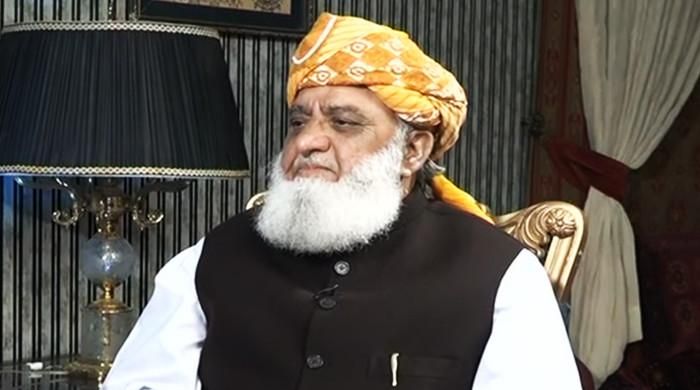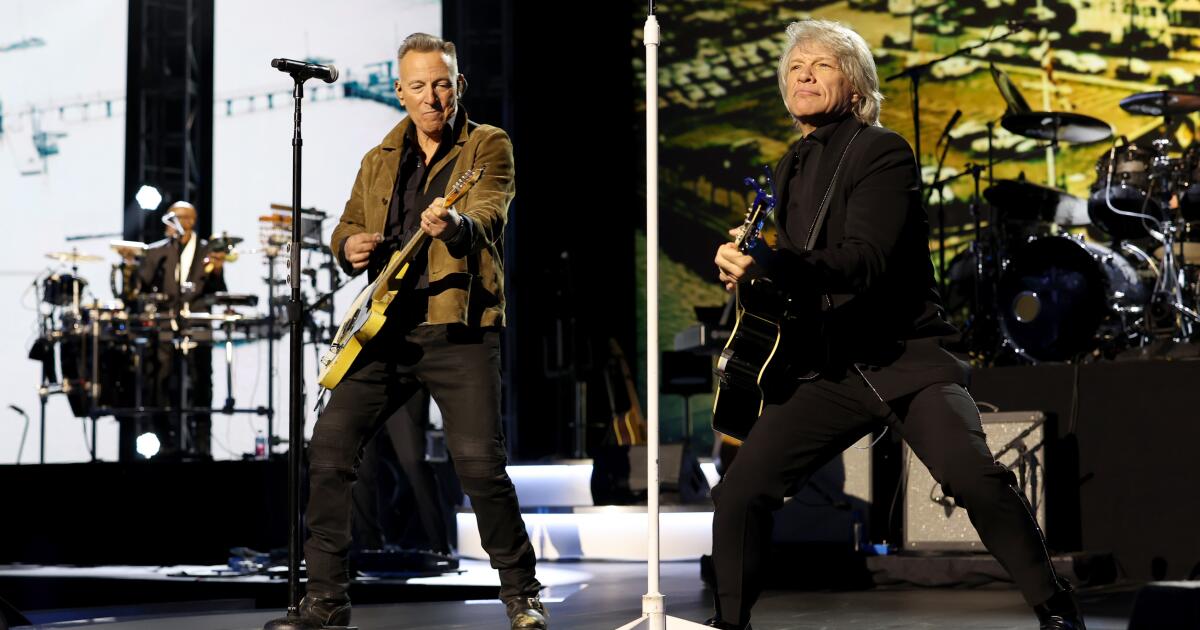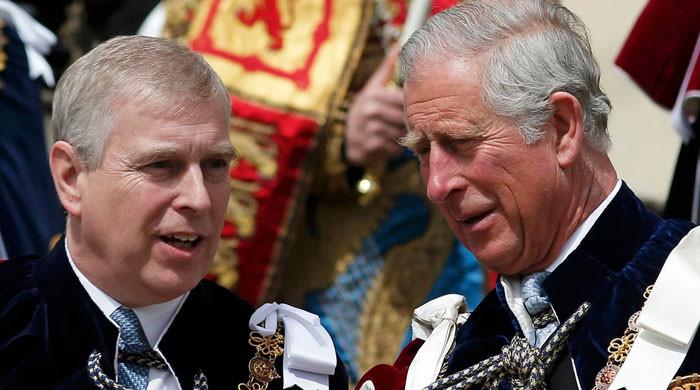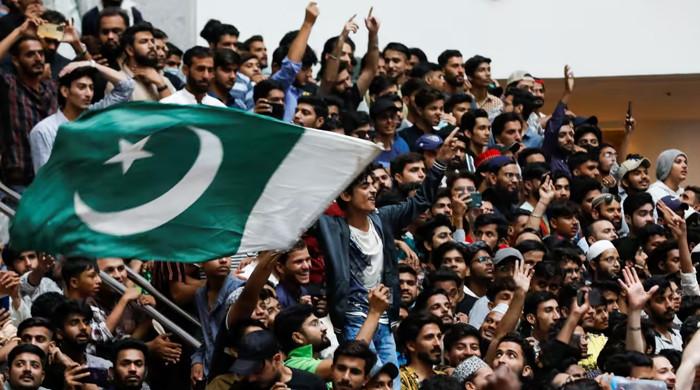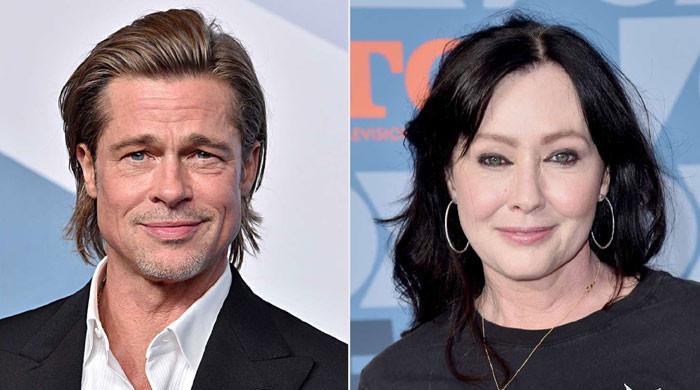- Fazl says he was against the no-confidence motion against Khan.
- “Faiz told me I can do whatever I want within the system.”
- One politician says the May 9 narrative is buried if the establishment considers the polls fair.
Emir Maulana Fazlur Rehman of Jamiat Ulema-e-Islam (JUI-F) on Thursday said that the no-confidence motion that ousted former Prime Minister Imran Khan was brought on the directives of former army chief General (retd) Qamar Javed Bajwa.
In an interview on a private news channel, Fazl, who was the head of the multi-party Pakistan Democratic Movement (PDM) alliance responsible for ousting Khan, said: “I was personally against the no-confidence motion. […] But if I had said no despite the insistence of other parties, then the impression would have been given that I 'saved' the founder of the PTI.”
The PDM overthrew the Pakistan Tehreek-e-Insaf (PTI) government in April 2022 and, led by Shehbaz Sharif, the multi-party alliance ruled the country for 16 months before handing over the reins to the caretaker regime.
Initially, Khan insisted that the United States remove him, a claim that Joe Biden's administration vehemently rejected. However, the former prime minister later put the blame on General Bajwa.
In an interview in February last year, Khan, citing an apparent conversation by the retired general with a journalist, said General Bajwa had “accepted and clarified that he was behind the overthrow of our government”.
After becoming the first prime minister to be ousted by a no-confidence vote, Khan continued a tirade against the establishment; However, politicians also said that the former army chief was involved in the overthrow of the PTI.
Fazl, during the interview, said: “While the Pakistan People's Party (PPP) was leading the movement for a no-confidence motion, Lieutenant General (retd) Faiz Hamid told me that I could do whatever I wanted, but within the system. “
The JUI-F chief said Hamid told him he couldn't “do anything outside the system,” meaning every move should be made inside parliament, not on the streets.
“But I rejected their instructions,” he said, but noted that later, the Balochistan Awami Party (BAP), Muttahida Qaumi Movement-Pakistan (MQM-P) and others left the PTI-led government.
“When they said that [the anti-PTI] Now they have a majority, I had to agree with them, otherwise it would have been said that I helped save Imran Khan,” said the JUI-F chief, who rejected the results of the February 8 elections.
Government formation
There was no clear majority for anyone on February 8, but Khan-backed independent candidates won 92 of 264 seats, making them the largest group, followed by the PML-N (79) and the PPP (54). .
However, all parties, including the PML-N, which appears to be on the verge of forming the next government, are unhappy with the election results.
For his party, Fazl decided to join parliament, but not be part of the government. “Decisions will no longer be made in parliament, they will be made in the streets.”
He noted that apparently, “election rigging” benefited the PML-N and there is a rumor that Nawaz was not winning the Lahore seat.
Fazl said PML-N prime ministerial candidate Shehbaz had visited him to discuss government formation, but he rejected the idea and instead asked the Nawaz-led party to join him in the opposition.
“But Shehbaz left without responding to my offer. […] For me, parliament has lost its credibility. If the establishment believes the elections were fair, then the May 9 narrative has been buried.”

